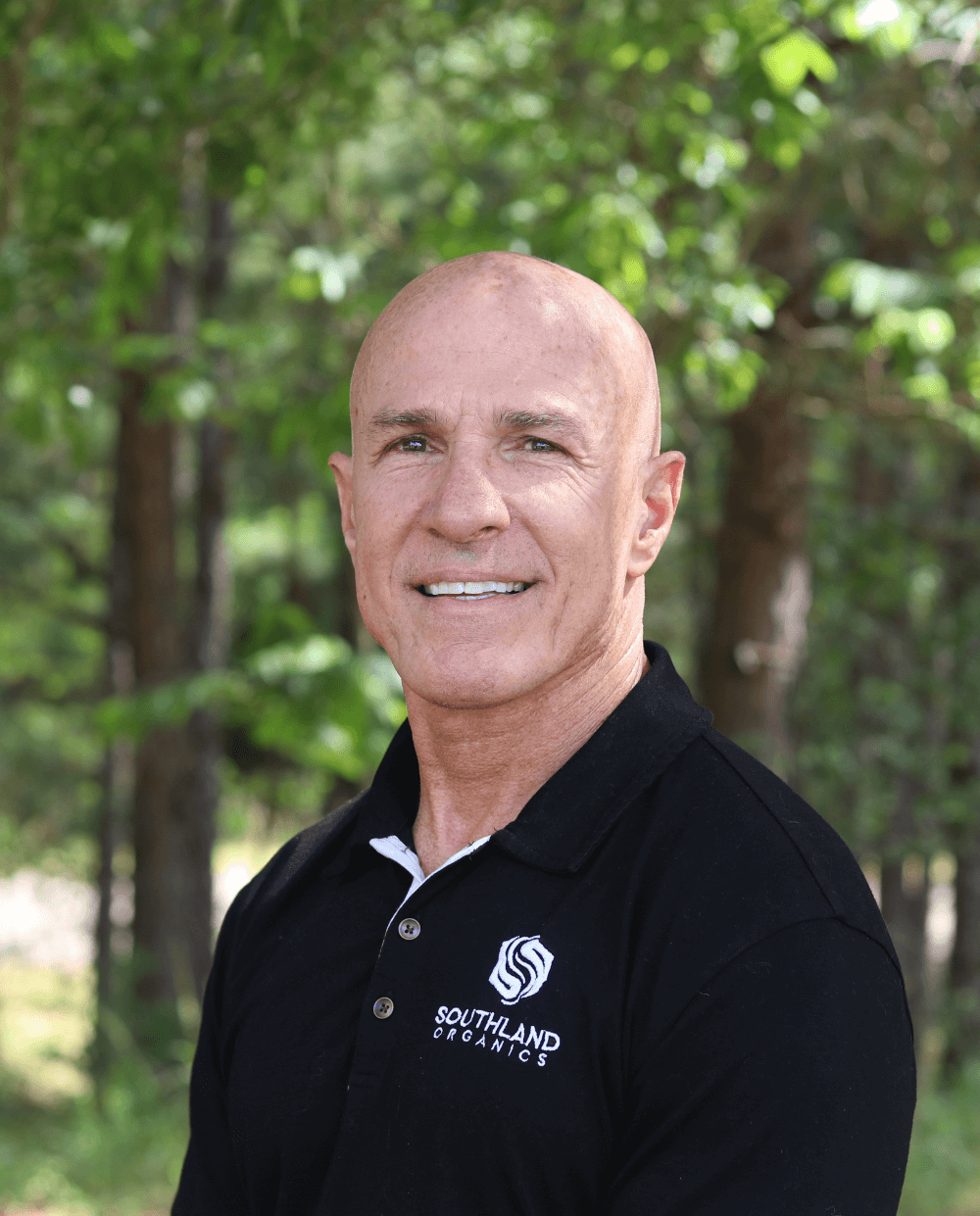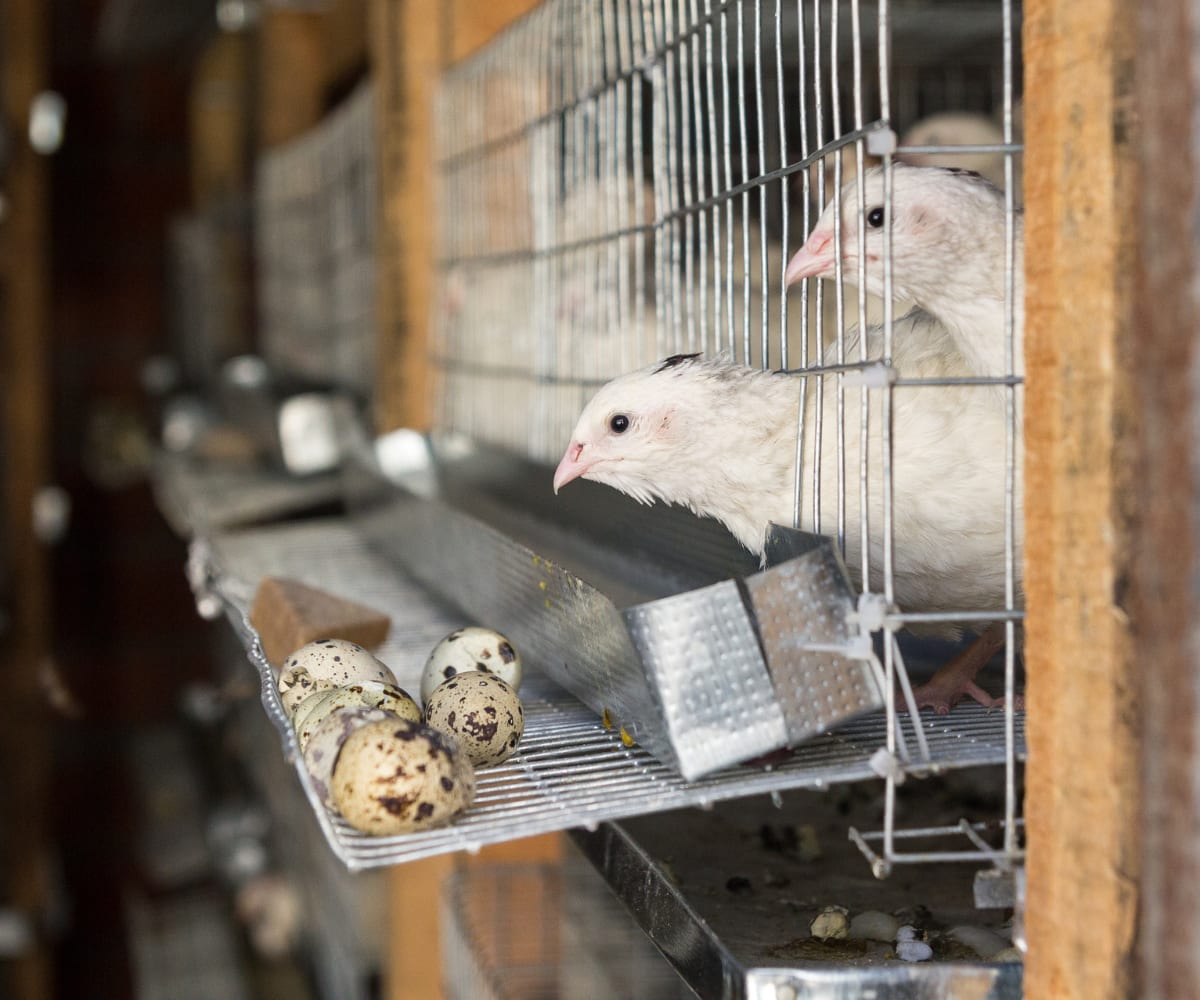
While most Americans have been herded by mass marketing to “eat more chicken,” many niche restaurants serve quail. In most American households, quail is the oddity among dinnertime meat birds. However, European and Asian markets have long valued the nutrient-rich quail meat and eggs.
Running a Profitable Quail Farming Business
The first domesticated quail was introduced in Japan in 1595. From domestication to the commercial selling of Coturnix quail species, quail has proven to be a great choice for people looking to raise birds.
Quail Farming vs. Chicken Farming
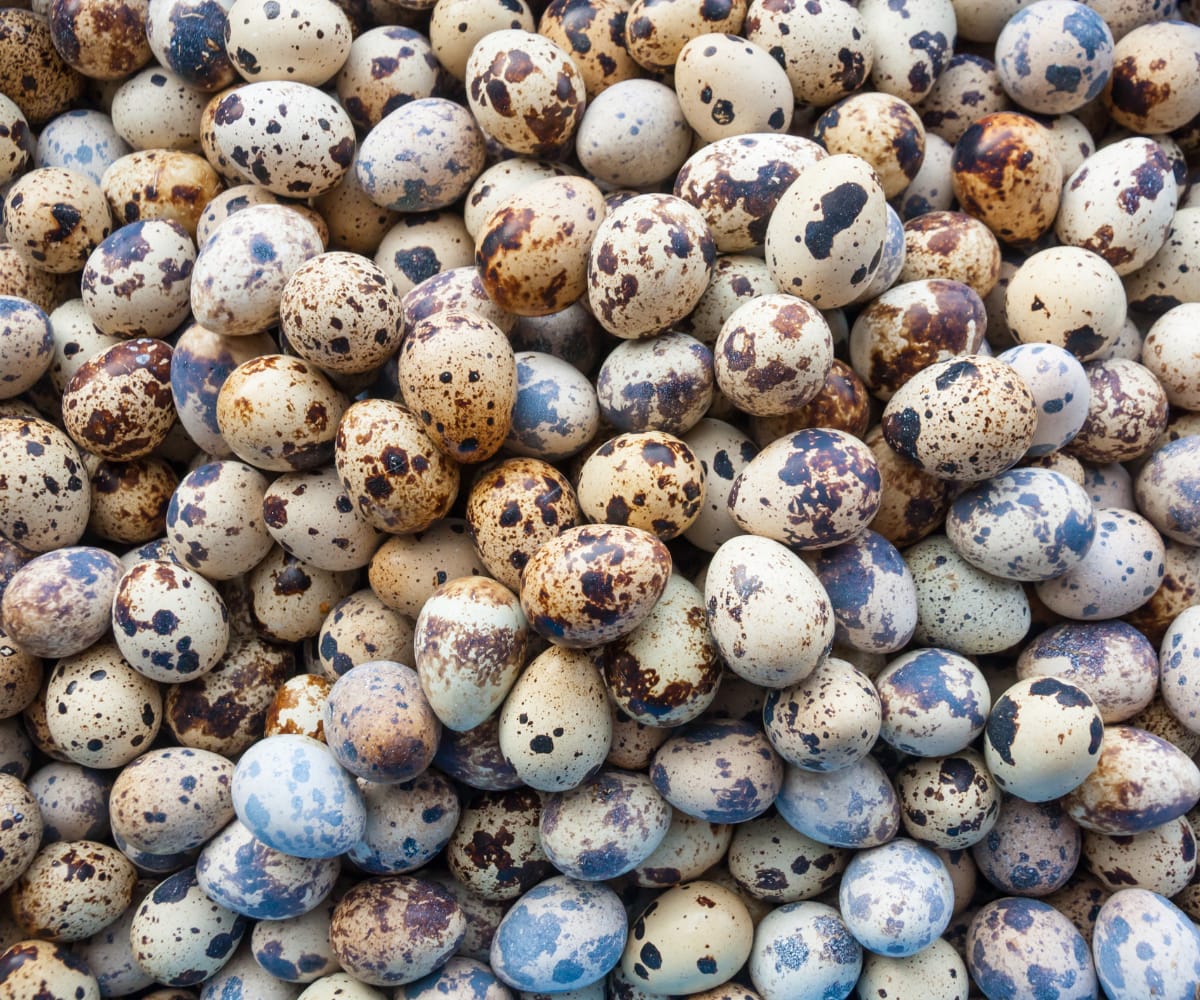
Quail may not be as common as chicken, but they hold their own when it comes down to a nutrient comparison. Compared to chicken eggs, one quail egg has more protein, more B vitamins and five times more iron and potassium than the infamous chicken egg. Hens typically lay fewer eggs per year than quails. Quail generally survive one to two years, laying up to 300 eggs per year. Quail farmers not only have a less challenging commodity but a more cost-effective nutritious one.
Compared to commercial broiler production, raising quails has a special autonomy that seems to attract farmers. The majority of successful commercial poultry operations in chicken and turkey are involved with integrator contracts. The business plan for domestic quail farming is an alternative to strict protocols and guidelines that can leave broiler farmers feeling confined to larger corporations. Starting a quail farm is an opportunity to be a part of something unique.
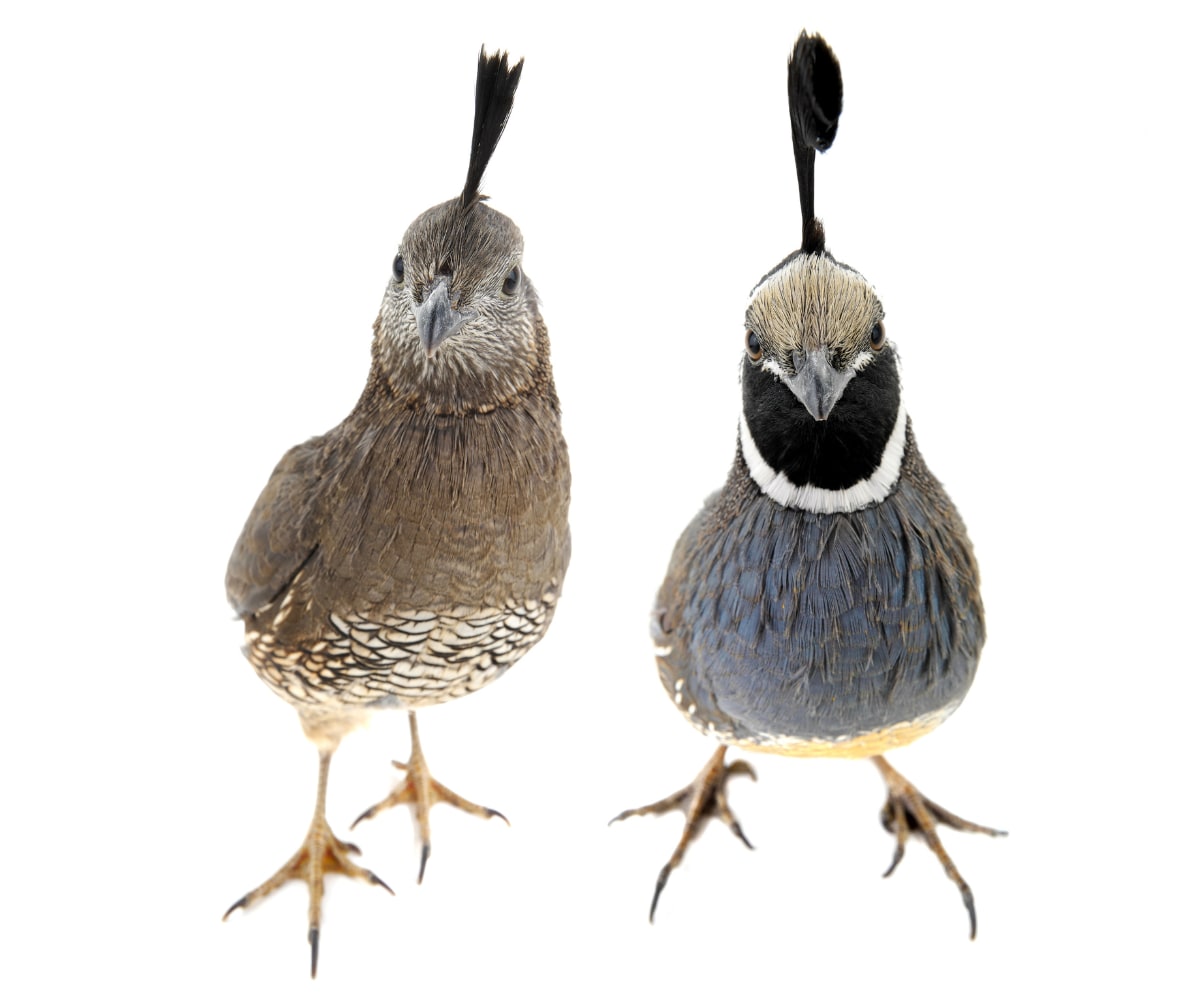
Old World and New World Quail
Not only does quail farming offer certain freedoms restricted in other poultry production, but quail are unique birds that are simply enjoyable and fairly easy to raise. There are many quail species that fall into one of two categories: Old World and New World.
Old World quail refers to several genera of mid-sized birds in the tribe Coturnicini of the pheasant family Phasianidae. Japanese quail, or Coturnix japonica, are one of the most popular Old World quail species for meat production.
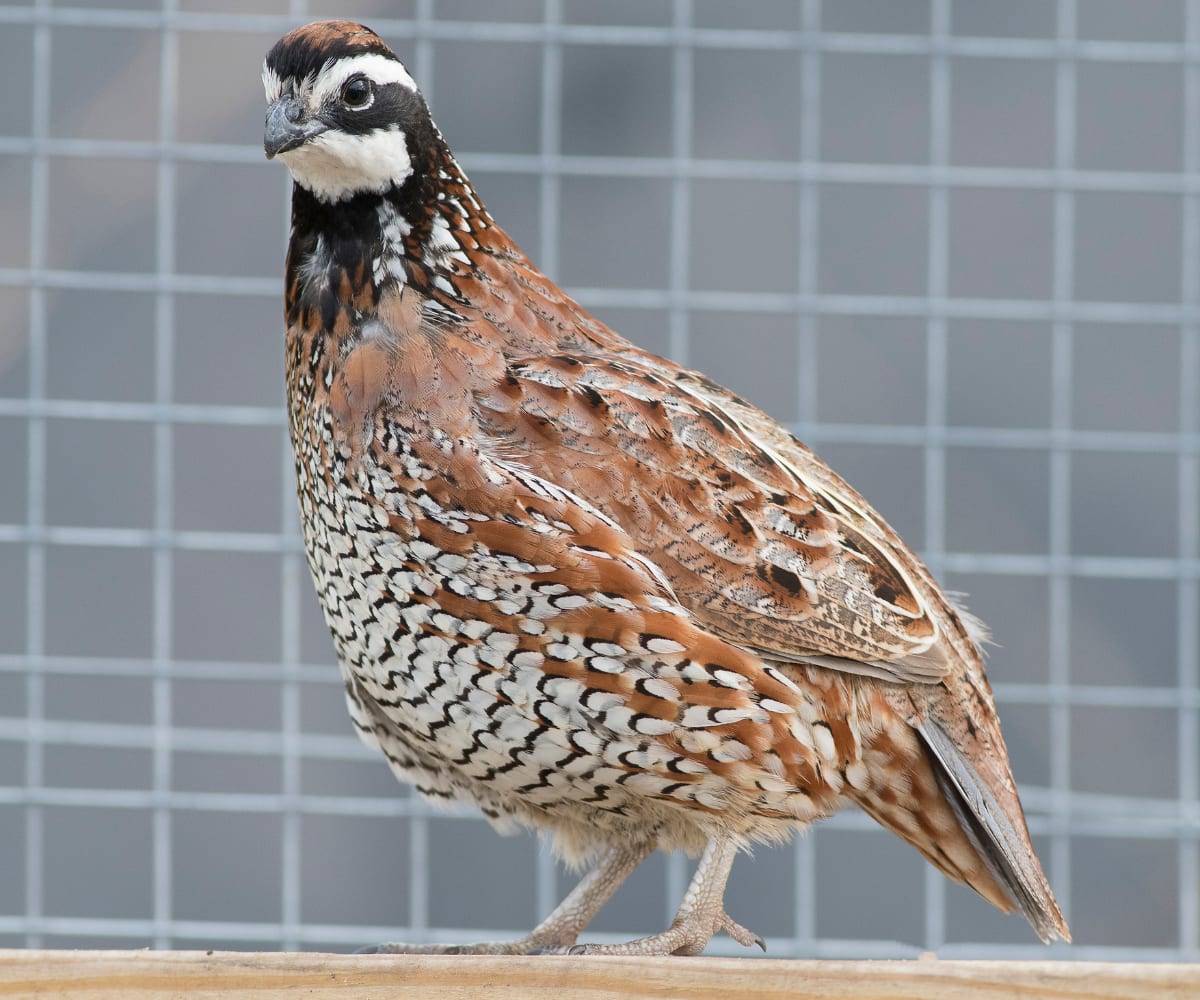
As quail farming has grown, new species have been introduced. New World quail are distantly related to Old World quail, and similar through their appearance and habits. The bobwhite quail is a popular New World species that is raised on many American quail farms today.
Quail Nutrition
For healthy development, quail require a nutrient-dense feed and a good source of vitamins and minerals. The right feed is essential for growth in chicks. For female quail to lay eggs, they need at least 400 grams of feed per day.
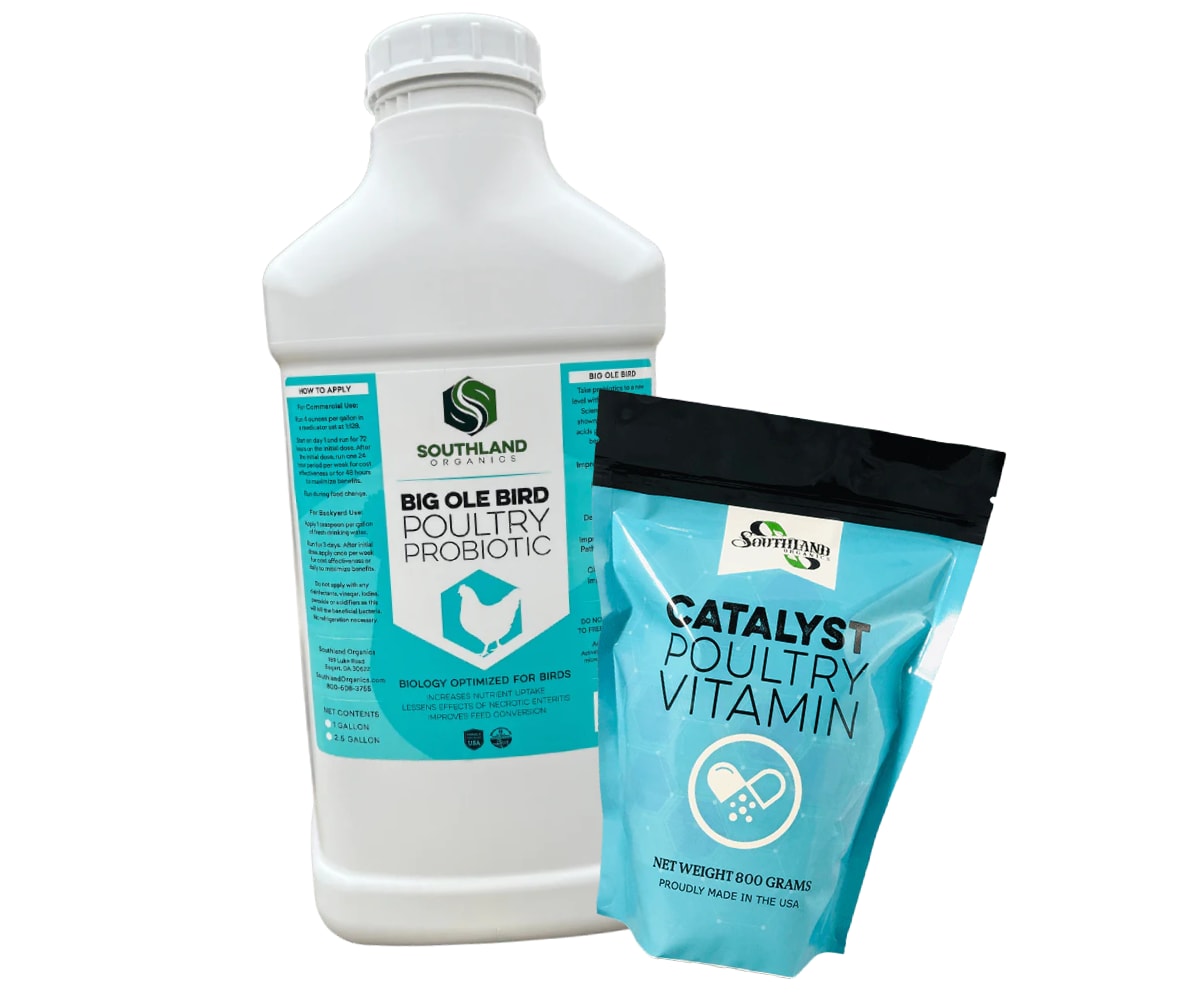
Quail farmers can also supplement their birds' feed with a probiotic, such as Big Ole Bird, to help support nutrient uptake. Rich in probiotic bacteria, organic acids and biologically active carbon, Big Ole Bird improves gut health and helps birds use up all the nutrients in their feed.
Not only does a tight gut create cleaner eggs, but it also aids in calcium uptake. Proper calcium absorption is vital for strong egg shells. A probiotic can increase calcium absorption in the gut to maximize quail feed. A quality vitamin like Catalyst Poultry Vitamin can give birds the extra boost of vitamins and immune support that they need to thrive.
Preventing Disease on Quail Farms
One benefit of quail farming is that quail tend to be less prone to disease than other poultry birds, such as broilers. While disease is less common in quail, it can still happen. When it does, the floor or contaminated waste is typically the culprit of bacteria-borne disease.
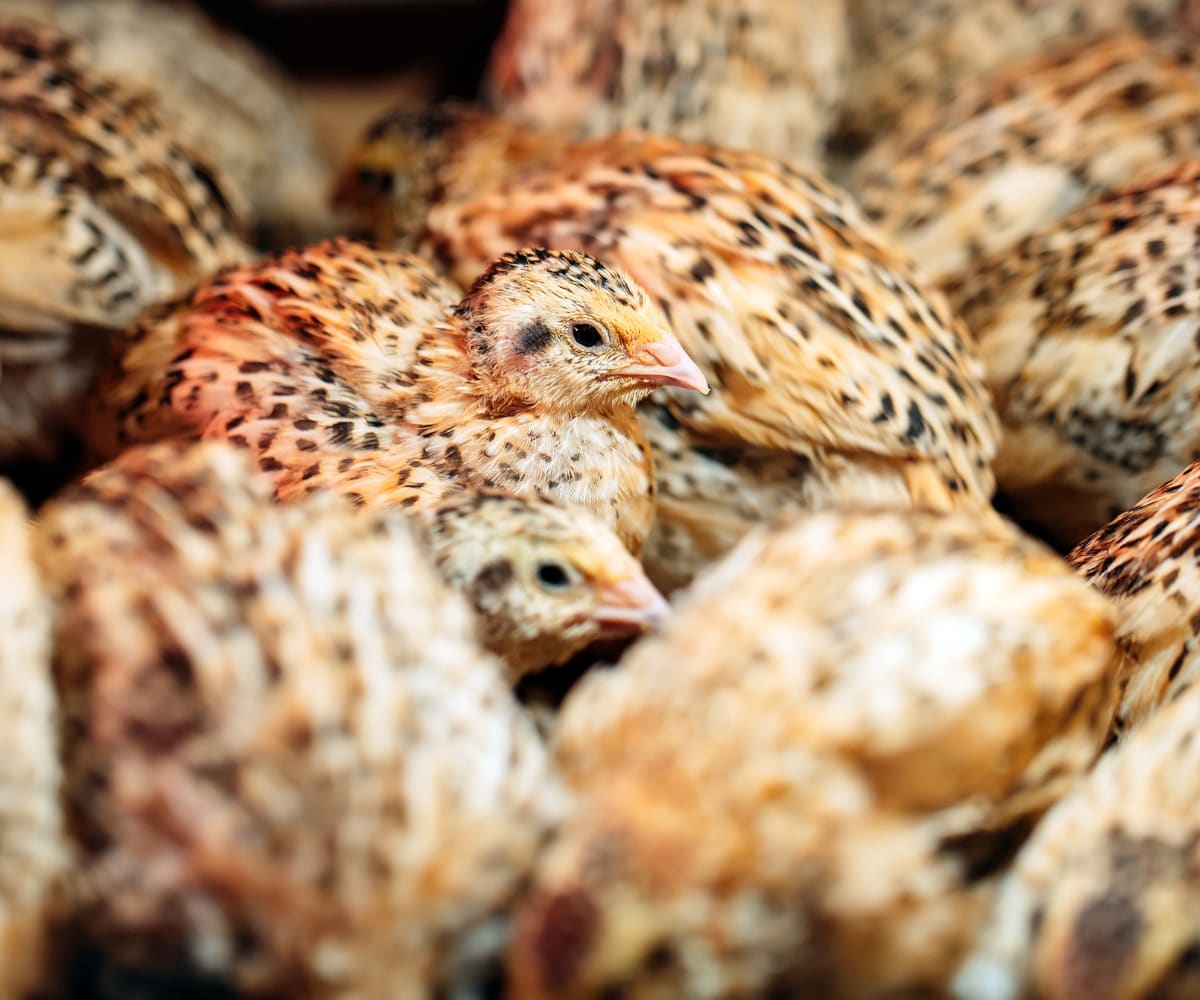
The most common disease found in quail is ulcerative enteritis, an extremely contagious bacterial disease that causes ulcers in the intestines. Ulcerative enteritis is caused by the bacterium Clostridium colinum, which is commonly found on poultry floors and inside the gut of a bird. When this harmful bacteria is not competitively excluded by beneficial bacteria, it can be detrimental to a flock. This highly contagious disease comes on quickly and can be hard to contain once it has formed in a bird.
Infection occurs when a bird ingests the bacteria orally, usually from bird droppings. Since ulcerative enteritis spreads fast, it is easily transmitted to other birds in the flock. Unfortunately, the mortality rate is typically 100% for quail. To prevent diseases like ulcerative enteritis, it's important to maintain proper floor health by keeping the litter dry. Healthy floors are vital to quail health.
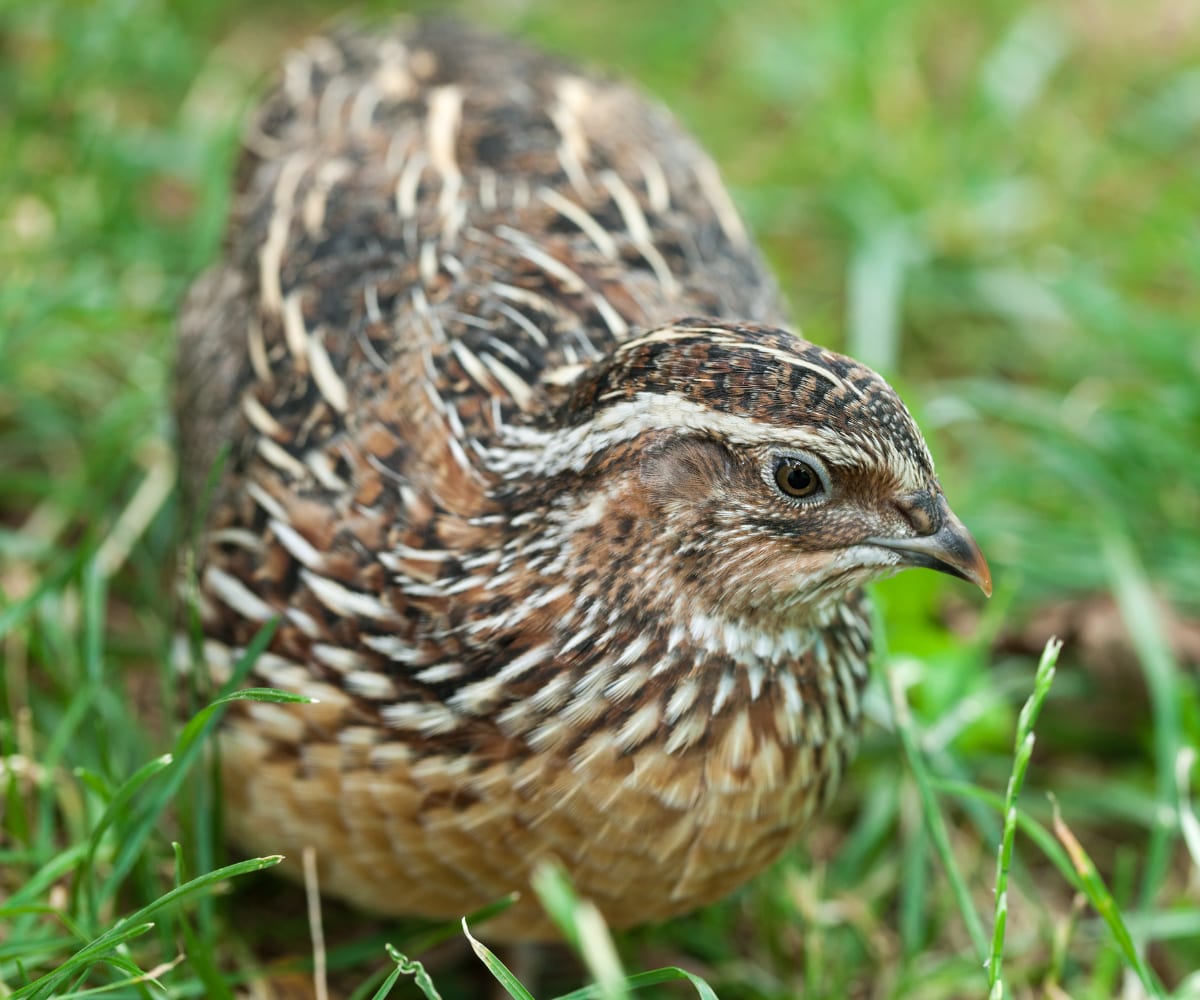
How to Maintain Dry Litter
At Southland Organics, we understand the importance of a healthy floor and work with numerous quail farms across the country. While our business originally focused on chicken and chicken egg operations, as the business grew, so did the awareness of the poultry industry as a whole. Our business's focus began to broaden as quail growers had a rising need for a litter amendment. Floor health became a concern as quail farms were hit hard with high mortality and sick birds.
Our Solution
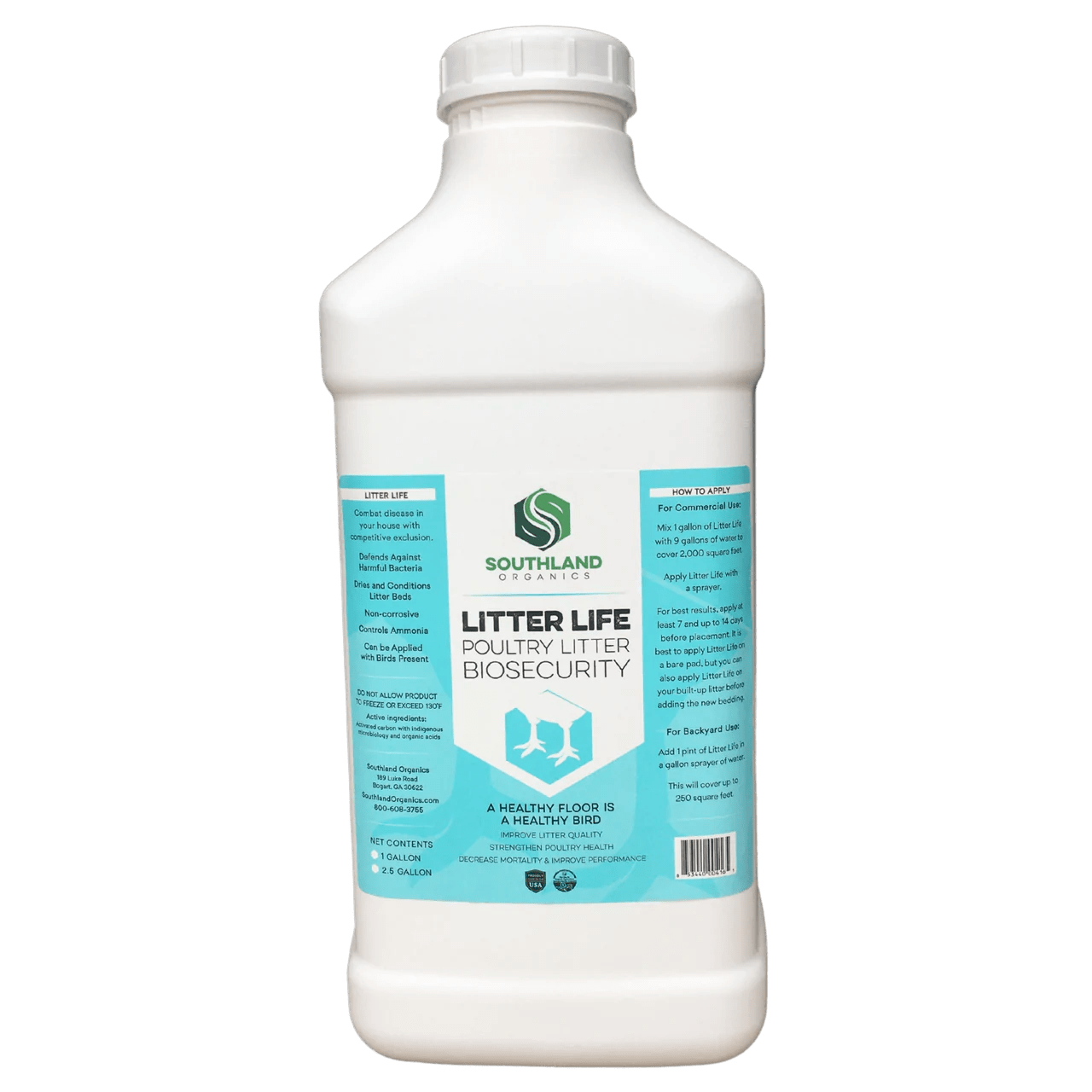
How can you maintain dry litter in your poultry houses? With Litter Life—a poultry litter amendment designed to improve litter quality and strengthen poultry health. Since 2009, we have seen great success inside commercial poultry houses with our poultry litter amendment. This mixture of biologically active carbon, organic acids and beneficial microbes rapidly decomposes poultry waste and reduces the presence of harmful bacteria through the principle of competitive exclusion, which states that two species competing for the same resources cannot coexist.
When one species has even the slightest advantage or edge over another competing species, the stronger species will dominate the ecological niche and drive out the weaker species. This is how disease-causing bacteria can cause an outbreak—but it's also how the good bacteria in Litter Life are able to get down into the floor to outcompete the harmful bacteria, such as Clostridium. With this scientifically adapted blend of microbiology specially designed for poultry litter, birds like quail have less disease pressure.
Learn more about Litter Life here.
Hear from an Arizona Quail Farmer
With numerous success stories on the broiler production side, one quail story sticks out in particular. When an unknown illness hit an Arizona quail farmer's birds and caused 100% mortality, the farmer became desperate. After losing far too many birds, he finally came across Litter Life. Below is his personal story of how Litter Life saved his quail farm.
Original Letter
The story begins with a few quail birds getting sick on the gamefarm in one pen. The sickness continued to progress until it was at 100% mortality. I treated the ground with many products, additives, supplements, antibiotics, and added more birds for a second time with the same result-- 100% mortality rate.
I used another claim to fame product with the same result! Now I was completely at a loss! Total losses were now greater than 3500 birds!
On the 3rd try adding birds, I had contacted 5 different universities across the country with experience in Bobwhite Quail, with Diagnostic labs including the local state lab. We all worked together trying to solve the issue of birds’ mortality rate. We tried changing feed, treating the ground, removing soil and replacing with new soil, antibiotics, electrolytes/vitamins, supplements, burning the ground, but none of the worked! I still continued to lose birds in this pen.
In the 4th batch of birds, the sickness had now spread into the next pen despite the barrier between the pens. It was not until Dr. Chris Seabury (at Texas A&M) did some research and suggested that I call Southland Organics that I discovered a product called Litter Life.
In talking with the folks at Southland Organics (Allen Reynolds), I agreed to order the product and give it a try. What did I have to lose? I did another clean on the pen keeping all the variables the same, with the exception of now I was spraying down the Litter Life.
After the first application, within 5 days the mortality was decreasing and within 2 weeks it was down to 1% loss. I resprayed again 2 weeks and over the course of a month mortality was eradicated. I called to let all the universities, vets at the labs, and doctors know what the results were. They were very impressed that I was able to turn the mortality around. I now continue to use this product. On a routine basis of every 12 weeks, I spray the pens, and I have had no more issues with the problem. I also spot spray in areas that have a high concentration of ammonia and clean the pens.
I was not only impressed with the product but also the ongoing customer support from Allen Reynolds at Southland Organics. He worked with me to not only solve the problem but to save my business as well. I also wish to thank Dr. Chris Seabury at Texas A&M, U of Arizona diagnostic lab, Univ. of Mississippi, Univ. of Georgia, Univ. of Arkansas, and San Diego State.
I will continue to use Litter Life from Southland Organics as long as both of us are in business. The only cons with this product are: 1) it stains clothes, 2) it has a problem not suspending in water so it constantly plugging up the sprayer. (BUT I'M TOLD THAT THAT PROBLEM HAS BEEN CORRECTED)
Again, thank you Allen Reynolds at Southland Organics for your product, time, and patience.
Sincerely,
Dennis Brown
Brown's Gamebird Farm
Tucson, AZ
We are so thankful to be able to help farmers like Dennis. Although disease is less common on quail farms, quail farms are still susceptible to disease outbreaks. Using a product like Litter Life is key to preventing a widespread epidemic on a quail farm. Prevent disease before it starts by giving your quail proper nutrition, immune support and healthy dry floors.
Contact Us
If you have any questions about using our products on your quail farm, feel free to reach out to me at allen@southlandorganics.com or give us a call at 800-608-3755. We're here to help!

